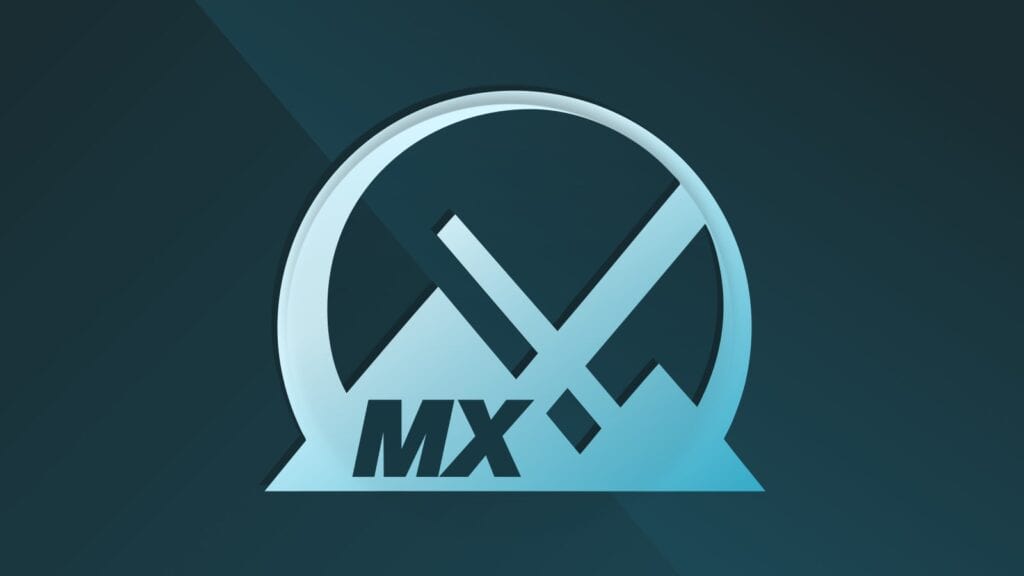As the highly anticipated release of Debian 13 draws near (yes, only five more days), the MX Linux team has announced a lot of significant changes set to land with MX 25, marking a major turning point for this (almost) systemd-free desktop-focused Linux distro based on the Debian Stable branch.
One of the most notable shifts is the end of shipping both systemd and sysVinit on the same ISO. Up until now, MX Linux has relied on custom systemd-shim packages to offer users a choice between init systems at boot. But with the newer 6.12 kernels from Debian, that solution is no longer viable.
So, starting with MX Linux 25, users will need to pick their preferred init system—systemd or sysVinit—when downloading the ISO, not during installation or boot. For maximum compatibility with modern Debian software, the default Xfce, Fluxbox, and KDE editions will now use systemd, while sysVinit spins will still be available for Xfce and Fluxbox.
As you can guess, this marks a pretty big shift from MX’s long-standing tradition of being, well, mostly systemd-free distro. Now, it’s moving more likely into the systemd camp. Whether that’s good or bad for the current user base? Honestly, that’s not something I’m gonna try to make any sweeping judgments about. That’s really all I’ve got to say on it.
Another big move is that the MX’s KDE edition will now boot into a Wayland session by default. For those not ready to jump to Wayland, X11 sessions are still included as a fallback. Xfce’s experimental Wayland session remains disabled for now, and Fluxbox doesn’t support Wayland at all.
For security-conscious users, MX 25 is adding basic Secure Boot support to its installer. However, this is only available with standard releases running Debian’s signed kernels, and it’s limited to 64-bit UEFI systems. There are still a few caveats: drivers added via DKMS (like NVIDIA or Broadcom) won’t work out of the box with Secure Boot enabled, so users will need to follow additional steps that the MX team plans to document elsewhere.
Last, but definitely not least, with Debian dropping official support for 32-bit kernels, MX Linux is following suit, so no more official 32-bit ISO images. Still, current users on the 32-bit MX’s edition will continue receiving support, and Debian’s LTS security updates should run through June 2028.
Plus, the team plans to keep building 32-bit packages for the MX 25 repositories, which could enable a “Community Respin” if a suitable kernel appears. Those who absolutely need a 32-bit Debian-based system can look to antiX, which intends to keep providing a 32-bit ISO.
For more information, see the official MX’s announcement.

I previously used MX Linux full-time and achieved good results with Releases 18.3 and 19.4. When Rel. 21 arrived the distro slowly began to falter. I tested all the 21.X releases and some of the 23.X releases and found an increasing number of problems using my Lenovo and Dell laptops. These problems made MX impossible to use.
It’s a real shame because MX Linux seems to have had so much to offer in the past, especially in the way of tools. However, it is very dated, especially the ugly, notorious installer, and it has become a real memory hog compared to earlier releases. Just like so many other Linux distros, it has fallen off dramatically, especially since 19.4, which I believe was their very best work.
I have been having so much more success and satisfaction with Ubuntu 24.0 with Snaps removed and registered with Ubuntu Pro on three of my five laptops with updates until 2036. Linux Mint, LMDE and openSUSE Tumbleweed have also both stood the test of time over the past 20+ years.
Is it because of philosophy change, or KDE can’t do without systemd anymore?
change because its shiny